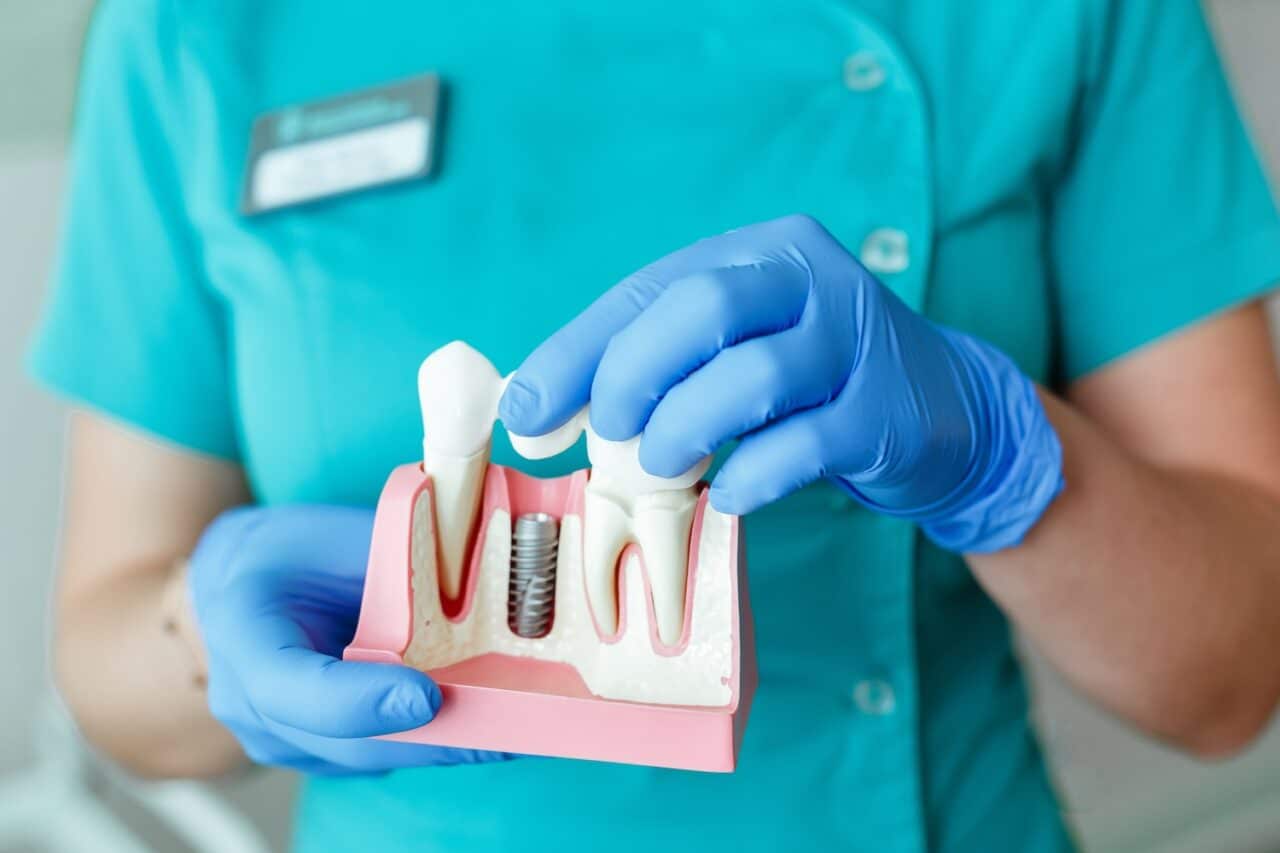Did you know that losing a molar can impact far more than just your smile? As the powerhouses of our chewing system, molar implants have become a game-changing solution for the millions of Americans dealing with missing back teeth. These sophisticated dental restorations don’t just fill a gap – they’re precision-engineered replacements that restore full chewing power while preventing the cascade of oral health issues that often follow tooth loss. Whether you’re considering molar implants for yourself or researching options for a loved one, understanding the latest advances in dental implant technology, from titanium to zirconia options, can help you make an informed decision about this life-changing procedure.
Understanding Molar Implants: A Complete Guide
Molar implants have become an increasingly popular solution for replacing missing back teeth. These dental prosthetics not only restore proper chewing function but also help maintain jawbone health and prevent further dental complications.
What Are Molar Implants?
Molar implants are artificial tooth roots, typically made from titanium or zirconia, that are surgically placed into the jawbone to replace missing molars. These implants serve as anchors for replacement teeth, providing a permanent solution that looks, feels, and functions like natural teeth.
Types of Molar Implant Materials
- Titanium implants
- Most commonly used
- Excellent durability
- Proven track record of success
- Biocompatible with human tissue
- Zirconia implants
- Metal-free alternative
- Aesthetic white color
- Ideal for metal-sensitive patients
- Growing in popularity
Benefits of Molar Implants
Replacing missing molars with dental implants offers several advantages:
- Preserves jawbone density
- Maintains proper bite alignment
- Prevents shifting of adjacent teeth
- Restores natural chewing ability
- Provides long-term stability
The Molar Implant Procedure
Pre-Surgery Phase
Before the procedure, your dentist will:
- Conduct a comprehensive oral examination
- Take detailed X-rays and 3D scans
- Evaluate bone density
- Determine if bone grafting is needed
- Create a customized treatment plan
Surgical Process
The implant surgery typically involves:
1. Administration of local anesthesia
2. Creation of a small incision in the gum
3. Precise placement of the implant post
4. Closure of the surgical site
5. Initial healing period begins
Recovery and Healing
The healing process for molar implants typically takes 3-6 months. During this time:
- Initial healing occurs in the first 7-10 days
- Osseointegration (bone fusion) continues for several months
- Regular check-ups monitor progress
- Final restoration is placed once healing is complete
Cost Considerations
Molar implant costs typically range from $3,000 to $4,500 per implant. Factors affecting price include:
- Geographic location
- Dentist’s expertise
- Need for additional procedures
- Type of implant material
- Insurance coverage
Maintenance and Long-Term Care
To ensure the longevity of your molar implant:
- Maintain excellent oral hygiene
- Schedule regular dental check-ups
- Avoid excessive force while chewing
- Address any issues promptly
- Use recommended cleaning tools
Are You a Candidate?
Ideal candidates for molar implants typically have:
- Good overall health
- Adequate bone density
- Healthy gums
- Good oral hygiene habits
- No uncontrolled medical conditions
Why Choose The Dentist LV?
At The Dentist LV, we specialize in advanced molar implant procedures using the latest technology and techniques. Our experienced team provides personalized care to ensure optimal results and patient comfort.
Ready to explore your molar implant options? Contact us today to schedule your consultation.


